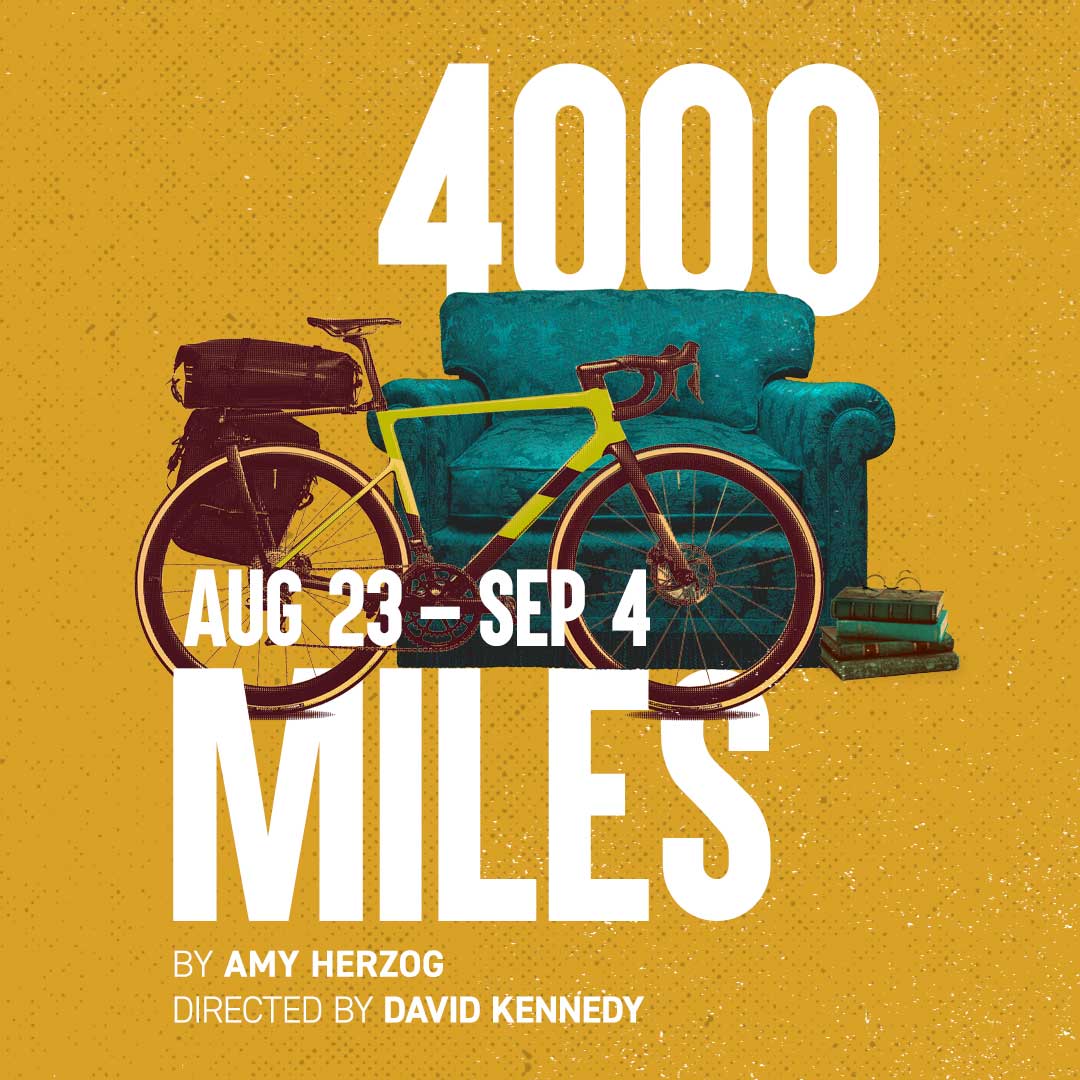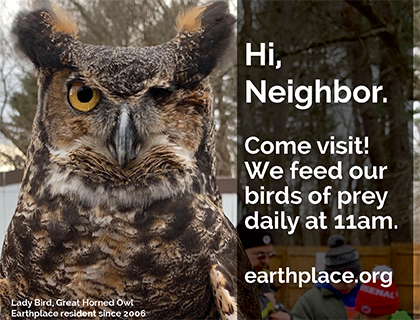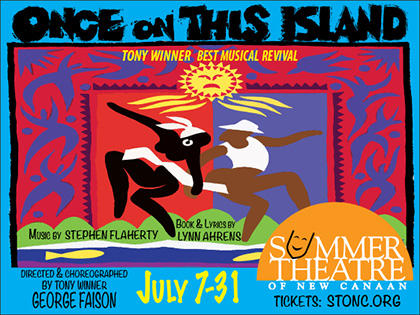
by AMY HERZOG
directed by DAVID KENNEDY
featuring MIA DILLON
CAST
(in order of speaking)
LEO
Clay Singer*
VERA
Mia Dillon*
BEC
Lea DiMarchi*
AMANDA
Phoebe Holden*
CREATIVE TEAM
SCENIC DESIGN
Arnulfo Maldonado
COSTUME DESIGN
Maiko Matsushima
LIGHTING DESIGN
Carolina Ortiz Herrera
SOUND DESIGN
Fitz Patton
INTIMACY COACH
Michael Rossmy
PROPS SUPERVISOR
Sean Sanford
DRAMATURG
Dana Tanner-Kennedy
PRODUCTION STAGE MANAGER
Shane Schnetzler*
CASTING
Tara Rubin Casting, CSA
Claire Burke, CSA
*Member of Actors’ Equity Association
RUNNING TIME
~100 minutes, no intermission
PRODUCTION SPONSOR
Eunice & David Bigelow Foundation
IN-KIND CORPORATE SPONSOR
Cycleology Bike and Ski
4000 Miles was originally produced by Lincoln Center Theater in 2011 in New York City.
4000 MILES was written in the SoHo Rep Writer/Director Lab.
Produced by special arrangement with Samuel French, Inc.
4000 Miles is a profound and sympathetic exploration of the human condition complicated by a stringent appreciation of the limits of our human understanding. Almost everything happens in it, and yet nothing much happens. The play is concerned with all the big stuff: the nature of a good life, death, maturation, suffering, love, loss, growing old, dying, missed connections, bad timing, so many regrets, and a little bit of personal growth, but not enough growth to provide an audience with a false sense of uplift. Nothing much is resolved here. And yet we are left feeling as if we have witnessed something momentous.
4000 Miles is a meditation on a common sense of loss and grief and anger and confusion that attends our growing up and our growing old. What the play brings so painfully to the fore is that the young are destined to grow up, the grownup are destined to grow old, and the old are destined to grow obsolete. Everything is impermanent. Everything passes away. Teeth, hearing, memory, friends, lovers, life itself.
Nothing much is resolved here. And yet we are left feeling as if we have witnessed something momentous.
For those of us in the great, thick middle part of life, those years when — whether you have kids or career, or both; or you’re single and have a vibrant social life; or you have myriad causes to which you dedicate your time; or you like to travel the world; or you work three grueling minimum-wage jobs just to pay the rent — whatever you do, you are usually at your busiest and it seems like it will always, always be this way.
But of course, it won’t.
Sometimes it seems like life is nothing more than a process by which we accumulate a lot of things only to lose them all in the end, usually one at a time over many years, if we’re lucky. 4000 Miles is not about that thick middle part of life. It is an exploration of the times in life that bracket all that busy-ness, at the beginning or the end of all that.
The stuff of this play is really elemental: grief and anger at life’s both unexpected and inevitable losses. But somehow the characters muddle through it. They have to. And even though their lives could not be more different from each other, Vera and Leo, sitting at opposite ends of that busy middle, find solace in each other. In a world in which we are not only left to our own devices, but are encouraged to think of relying on others as a kind of weakness, that these two people come to grow with and support each other is a small miracle.
David Kennedy
Director
Amy Herzog’s plays include After the Revolution (Williamstown Theater Festival; Playwrights Horizons; Lilly Award), 4000 Miles (Lincoln Center; Obie Award for the Best New American Play, Pulitzer Prize Finalist), The Great God Pan (Playwrights Horizons), and Belleville (Yale Rep; New York Theatre Workshop; Susan Smith Blackburn Prize Finalist; Drama Desk Nomination). Amy is a recipient of the Whiting Writers Award, the Benjamin H. Danks Award from the American Academy of Arts and Letters, the Helen Merrill, the Joan and Joseph Cullman Award for Extraordinary Creativity, and the New York Times Outstanding Playwright Award. She is a Usual Suspect at NYTW and an alumna of Youngblood, Play Group at Ars Nova, and the SoHo Rep Writer/Director Lab. She has taught playwriting at Bryn Mawr and Yale. MFA, Yale School of Drama.
Associate Producer / Director of Production
David Dreyfoos
Technical Director / Associate Director of Production
RJ Romeo
Company Manager
Bruce Miller
Company Manager
Max Hunt
Head Shop Carpenter
Jason Thompson
Shop Carpenter
Scott A. Trichka
Co-wardrobe Supervisors
Jessica Camarero
Lisa Ficco
Assistant Director
Elizabeth K. Hobbs
Head Sound
Jon Damast
Head Electrician
Charlestone Gourdet
Wig + Hair Designer
J Jared Janas
Associate Wig + Hair Designer
Tony Lauro
Associate Scenic Designer
Joe Burt
Assistant Lighting Design
Alexandra Vasquez Dheming
Scenic Painter
Nick Shons
Production Assistant
Lauren Lambert
Dresser
Kathryn Duffner
Stage Management Intern
Abigail Wilson
Props Intern
Nick Schons
*Member of Actors’ Equity Association

This Theatre operates under an agreement between the League of Resident Theatres and Actors’ Equity Association, the Union of Professional Actors and Stage Managers in the United States.
![]()
The Director is a member of the Society of Stage Directors and Choreographers, Inc., an independent national labor union.

Westport Country Playhouse employs members of the International Alliance of Theatrical Stage Employees, Local 74.

The scenic, costume, lighting and sound designers in LORT Theatres are represented by United Scenic Artists, Local USA-829 of the IATSE.













